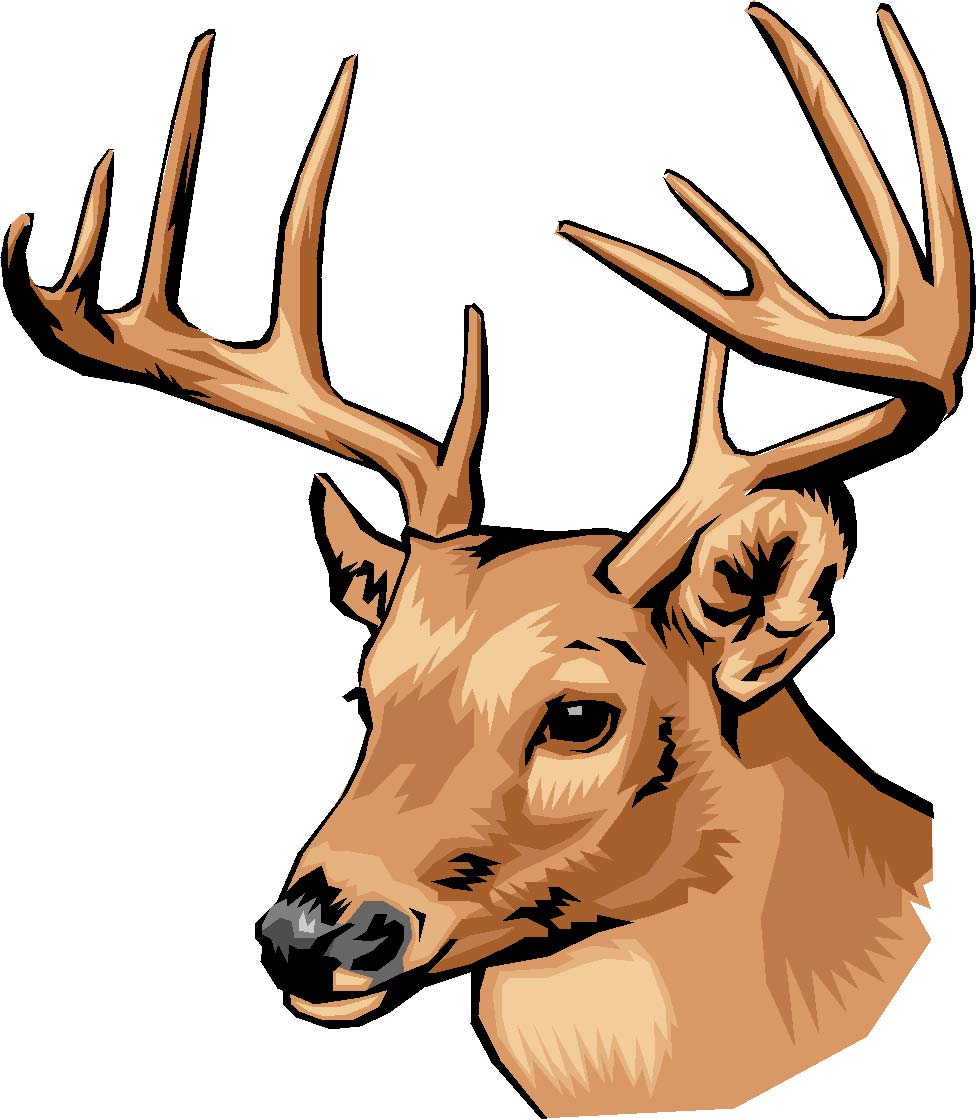
A Fascinating Creature of the Wild
When one thinks of the great outdoors, it's hard not to conjure up an image of the magnificent deer. With its regal stance and majestic antlers, the deer head is a symbol of nature's beauty at its finest. These gentle creatures have captivated the hearts of nature enthusiasts and wildlife lovers for centuries.
The Antlers: Nature's Crown
One of the most striking features of the deer head is, undoubtedly, its antlers. These bony structures, which are shed and regrown each year, serve multiple purposes. Not only do they play a role in territorial battles among male deer, but they also serve as a means of attracting potential mates. The size and shape of the antlers can vary greatly depending on the species and age of the deer.
A Variety of Species
Deer can be found in various parts of the world, with each region hosting its own unique species. From the majestic Red Deer of Europe to the nimble Mule Deer of North America, these creatures have adapted to diverse habitats and climates. Each species possesses distinct characteristics, making them a fascinating subject of study for biologists and wildlife enthusiasts alike.
The Life Cycle of a Deer
The life cycle of a deer begins with birth in the spring, where fawns are carefully nurtured by their mothers. As they grow, they learn essential survival skills, such as foraging for food and avoiding predators. The males, known as bucks, develop their antlers and engage in fierce battles during the rutting season to establish dominance and attract mates. The cycle continues as the deer age, eventually passing on their genes to the next generation.

Deer in Folklore and Symbolism
Throughout history, deer have held significant cultural and symbolic value. In many mythologies and folktales, they are associated with qualities such as grace, purity, and spirituality. In some cultures, the deer is considered a messenger or a guide, leading individuals towards enlightenment or a deeper connection with nature. The deer head has become an iconic representation of these symbolic meanings.

The Impact of Humans on Deer Populations
While deer have thrived in the wild for centuries, human activities have had a profound impact on their populations. Deforestation, urbanization, and hunting have all contributed to the decline of certain deer species. Conservation efforts and sustainable hunting practices have become crucial in ensuring the long-term survival of these magnificent creatures.
Deer Head Decor: A Timeless Trend
The deer head has not only captivated nature enthusiasts but has also found its place in interior design. From rustic cabins to modern homes, deer head decor has become a timeless trend. Whether mounted on a wall or crafted into sculptures, these art pieces add a touch of elegance and a connection to the natural world.

Conclusion
The deer head represents the majesty and beauty of the natural world. With their awe-inspiring antlers and graceful presence, deer have become a symbol of the wilderness. By appreciating and conserving their habitats, we can ensure that future generations will continue to be enchanted by the allure of the deer head.